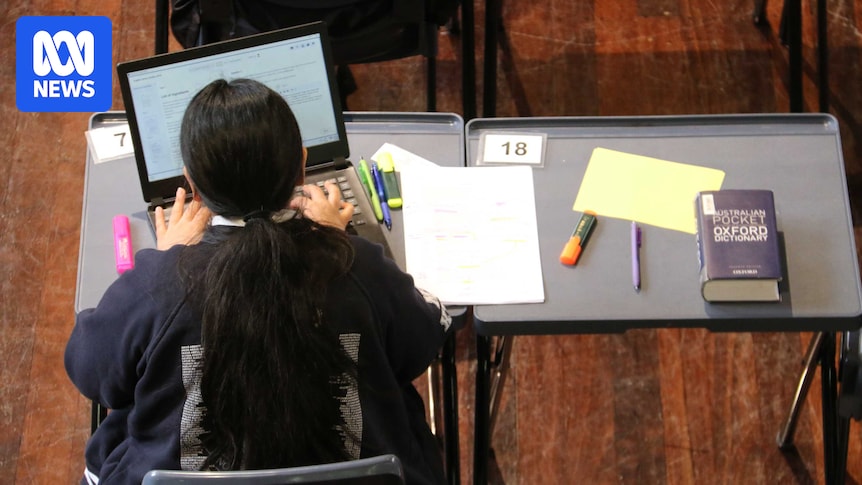
Year 12 students in Western Australia who receive D grades will now be able to pass ATAR subjects and graduate from high school, according to a recent announcement by education authorities. The School Curriculum and Standards Authority (SCSA) has introduced this reform with the aim of encouraging students to pursue more challenging subjects without the fear of failing to graduate.
The SCSA’s decision to allow students to achieve a Western Australian Certificate of Education (WACE) with a D grade, instead of a C, is based on an extensive analysis of student data. This analysis compared ATAR and general course content and standards, concluding that a D grade in an ATAR course is equivalent to at least a C grade in a comparable general course.
“This showed that a D Grade in an ATAR course equates to at least a C grade in a comparable general course. Because a D grade for an ATAR course has been confirmed as aligning to a C grade in a general course, the WACE will continue to maintain its established standards as a robust, rigorous and contemporary senior certificate of education,” the SCSA stated.
Support and Criticism from Educational Leaders
WA Secondary School Executives Association (WASSEA) president Melissa Gillett expressed support for the reforms, suggesting they might encourage more students to tackle the more challenging ATAR subjects. “We know kids can choose an easier course to ensure they get a WACE,” Ms. Gillett noted. “This lets kids try a tougher course, without risking their WACE.”
The changes imply that a student who achieves a D grade, along with a mark of around 40, would receive a ‘C grade equivalent’ that would still count towards meeting WACE requirements. Ms. Gillett emphasized that the changes are “not about lowering standards” as students still need to achieve 14 C grades or equivalents across years 11 and 12.
However, the move has sparked debate among the public. On ABC Radio Perth, a listener named Frank criticized the decision as “an absolute joke,” arguing that it contributes to a “dumbing down of the nation.” He questioned how rewarding someone for being “incompetent” aligns with real-world expectations where failure to perform leads to job loss.
Voices from the Classroom
Teachers and students have also weighed in on the reform. Teacher Lucy argued that it was unfair for students who took on ATAR subjects to miss out on WACE graduation despite their hard work. She pointed out that students still need the necessary ATAR score to enter university and that those who try should be acknowledged for their efforts.
“I think the students who are trying to do ATAR and get a D should be rewarded … for two years of really hard work,” Lucy stated.
Year 11 student Ella, who is undertaking five ATAR subjects, agreed with the reform, stating that a C grade in general courses is “absolutely equal to a D in ATAR” due to the higher workload involved. “The amount of effort required for ATAR is so much more than people think. It doesn’t mean they are going to get into the uni course they want but at least they are passing high school. It’s absolutely fair,” she remarked.
Government’s Perspective and Future Implications
The Deputy Premier of Western Australia, Rita Saffioti, supported the changes, suggesting they would encourage more students to attempt ATAR courses. She acknowledged that many students avoid ATAR due to its perceived difficulty, and these reforms could help alleviate such fears.
“This is about making sure young people choose a path that’s right for them and don’t feel pressured in any path, but also don’t fear any path because they’re afraid it’s just going to be too tough,” Ms. Saffioti explained.
As the changes take effect for the current year 12 students, the education sector will be closely monitoring their impact on student choices and performance. The SCSA has assured stakeholders that the WACE will retain its integrity as a robust educational standard, while offering a more inclusive pathway for students aiming to challenge themselves with ATAR subjects.
The debate over these reforms highlights ongoing discussions about educational standards and the balance between maintaining rigor and providing equitable opportunities for all students. As these changes unfold, their long-term effects on student outcomes and university admissions will be keenly observed by educators, policymakers, and the community.






